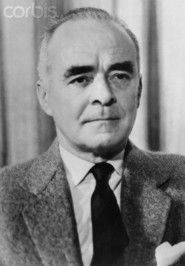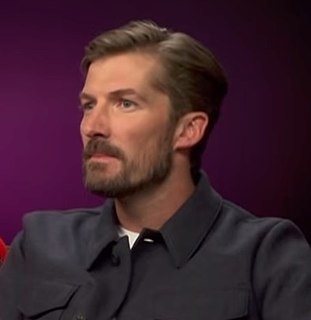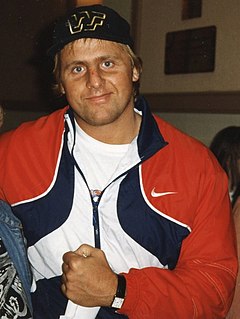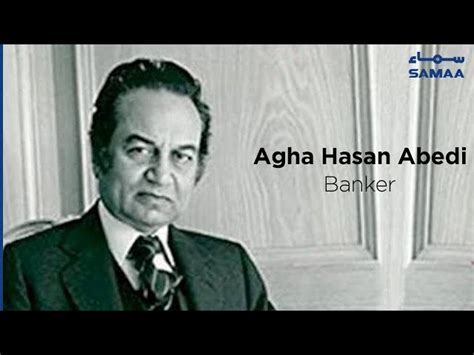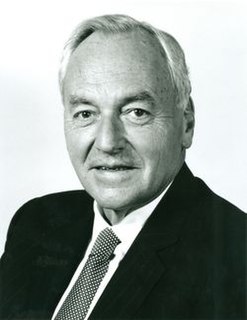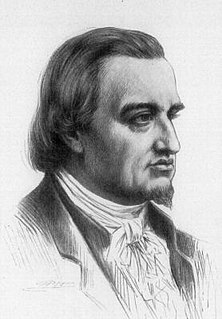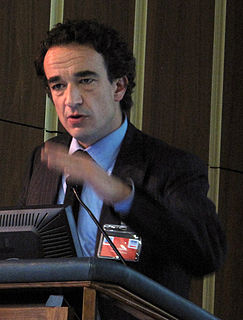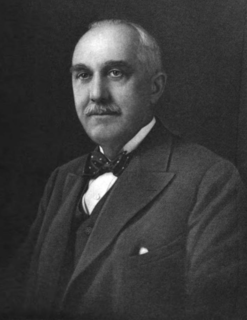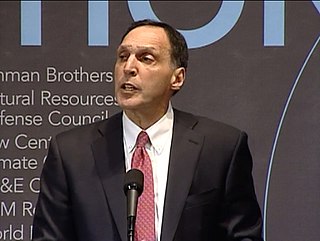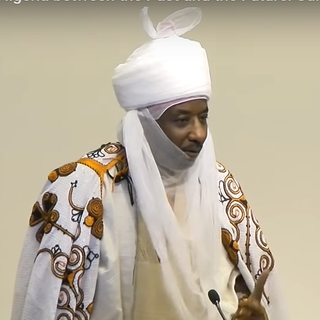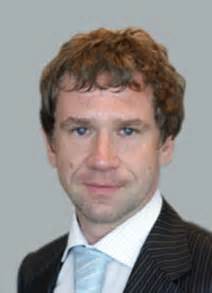A Quote by Christine Jennings
The vision shared by both [French utopian] Charles Fourier and Robert Owen was for an entire town to fit into one structure. Owen's design for what he called a "parallelogram" was essentially to have a whole city in one building, laid out around a huge quadrangle. Fourier's scheme was to build a massive Versailles-like structure that he called a "phalanstery." In both cases they had these architectural dreams that we now recognize as pretty unappealing.
Related Quotes
Margaret Fuller was already a celebrity, travelling around the world. Emerson, who was the axis around which that whole community turned, just didn't like Fourier's ideas very much. He thought it was all too rigid and programmatic. He said, "Fourier had skipped no fact but one, namely life." He thought it was an inhumane system - the day is scheduled too precisely. He didn't think it would work, and he was right.
I both didn't know Owen [Suskind] beforehand and didn't have any connection to the autistic community. But Owen wasn't really a problem, because he participated in the writing of the book and wanted people to see him as he truly is. As far as the cameras, Owen lives in the moment and the cameras really didn't distract him.
The Besicovitch style is architectural. He builds out of simply elements a delicate and complicated architectural structure, usually with a hierarchical plan, and then, when the building is finished, the completed structure leads by simple arguments to an unexpected conclusion. Every Besicovitch proof is a work of art, as carefully constructed as a Bach fugue.
What I find in a creative company is while there is a desire to build a management foundation that can feel clear and consistent, the unique product we're in Illumination Entertainment making doesn't always allow for that. So rather than following management strategy that talks about building your structure and then staffing that structure, I tend to build the structure around the strengths of the individual people we have.
They [Rappites] were moving from Southern Indiana to Pennsylvania, where they had originally settled when they came from Germany. They were looking for someone who wanted to buy a pre-built town, which wouldn't have been appropriate for any kind of normal settlement. That's when Robert Owen [Welsh industrialist and utopian socialist] buys the village and founds New Harmony.
Therefore those governing the State ought primarily to devote themselves to the service of individual groups and of the whole commonwealth, and through the entire scheme of laws and institutions to cause both public and individual well-being to develop spontaneously out of the very structure and administration of the state.
I do think some games are works of art, although their medium is visual rather than verbal. Both games and novels allow the reader/player to become a protagonist in the theater of the imagination. Both build worlds. In my opinion, the big difference between game and novel is in narrative structure. Communal role-playing games are open-plan without an end. A novel - at least the kind I write - has a closed structure with a beginning, a middle, and an end. I like that closed structure, and I feel I can say more with it.
In 1494, King Charles VIII of France invaded Italy. Within months, his army collapsed and fled. It was routed not by the Italian army but by a microbe. A mysterious new disease spread through sex killed many of Charles’s soldiers and left survivors weak and disfigured. French soldiers spread the disease across much of Europe, and then it moved into Africa and Asia. Many called it the French disease. The French called it the Italian disease. Arabs called it the Christian disease. Today, it is called syphilis.
I laughed. It was just like Owen to make excuses for someone else’s shortcomings. Even fictional characters. Owen found my tendency to speak my mind “refreshingly honest,” and hailed Marc’s temper as “a deep protective instinct.” He said Ethan “thoroughly enjoyed life,” and that Parker “really knew how to have a good time.” According to Owen, we were all doing just fine, and all was right with the world.
Unfortunately, this past birthday, my son was up the entire night before, very sick with that horrible - I think it was called the Norovirus or whatever the hell that was that was going around. So I got it. And then my husband [Paul Scheer] got it. We were both fighting it because he had planned this whole day for me, and we were both pretending it wasn't happening. We were literally driving ourselves to a massage and facial that he had planned and at one point, I was like, "I can't drive anymore. I need to get in the passenger's seat."
There are four of us, and we were all born in different cities because my dad worked all around the place. We settled in Birmingham, so I spent most of my time growing up there. We were all given very Welsh names - Geraint, Owen, Rhiannon and Gwilym. My mum's called Cainwen, and my dad is somewhat disappointingly called Tom.









